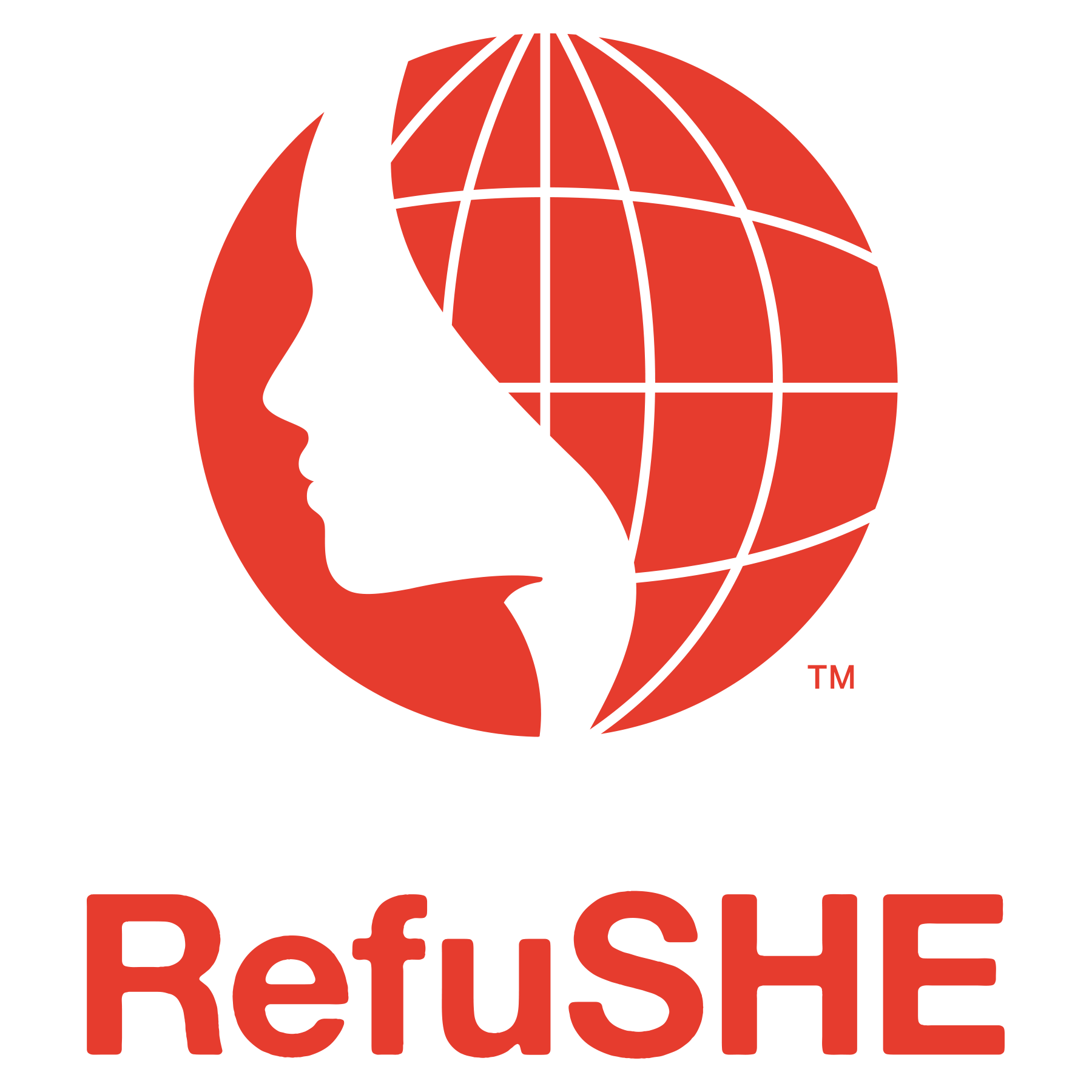The Science of Trauma
Psychoeducation for both staff and program participants is key to trauma-informed care. While RefuSHE has annually trained its staff on the origin of trauma and how it manifests in the day-to-day lives of the girls and young women we serve, we have only recently gained the right resources to train young women themselves on trauma.
Thanks to a grant from Imago Dei Fund, we were able to partner with trauma experts Rachael Miller in the US and Teddy Chakee in Kenya to create a “Science of Trauma” workshop tailored for the refugee girls RefuSHE serves. The Science of Trauma workshop teaches young women about the basic neuroscience of trauma and how it impacts the mind and body. It also walks them through different resources for healing.
Providing young women with an understanding of how trauma has impacted their lives is critical to their recovery – after all, knowledge is power. We hope they will use this increased awareness to more actively seek and utilize the various healing resources at their disposal through RefuSHE’s holistic model. The workshop, which discusses the myriad of ways that unresolved trauma can manifest in the present, also serves to de-stigmatize ongoing emotions, thoughts, and behaviors that girls struggle with by normalizing their experiences. Anyone who has embarked on a therapeutic journey knows that simply learning to better understand ourselves and our pain is, in of itself, a healing experience.
In March 2021, our trauma experts trained RefuSHE’s counselors in the workshop material to ensure they felt comfortable leading the refugee girls through the training. In June, after several disruptions to plans due to COVID-19, our counselors were able to lead the pilot training of the Science of Trauma workshop with six refugee girls from diverse countries and cultures.
Feedback from the girls in the pilot group was overwhelmingly positive. Throughout the workshop, they asked engaging questions that demonstrated they were applying the information to their experiences. Using handouts and discussion groups, the girls identified the triggers and ongoing symptoms they witness in themselves and others. All girls commented that the explanation of the “upstairs” and “downstairs” brain was helpful in understanding the basic functioning of the brain. Overall, the training helped them better understand themselves and others. They also felt strongly that every refugee girl needs access to this information.
“My experience in this training was indescribable… I don’t have words. I am very grateful to have been selected for this. My wish is that the other girls will receive the same training so that they get empowered.”
RefuSHE’s counselors will incorporate learnings and feedback from the pilot group into the training material and implementation plan before rolling out the workshop to the rest of the participants at RefuSHE’s Girls Empowerment Program. This workshop is one of many projects RefuSHE has planned to ignite a Mental Health Renaissance on our campus.


